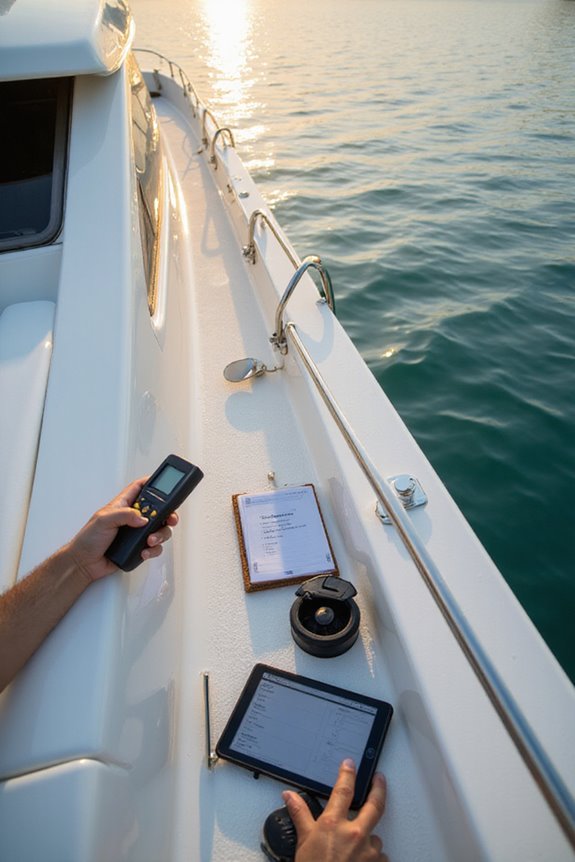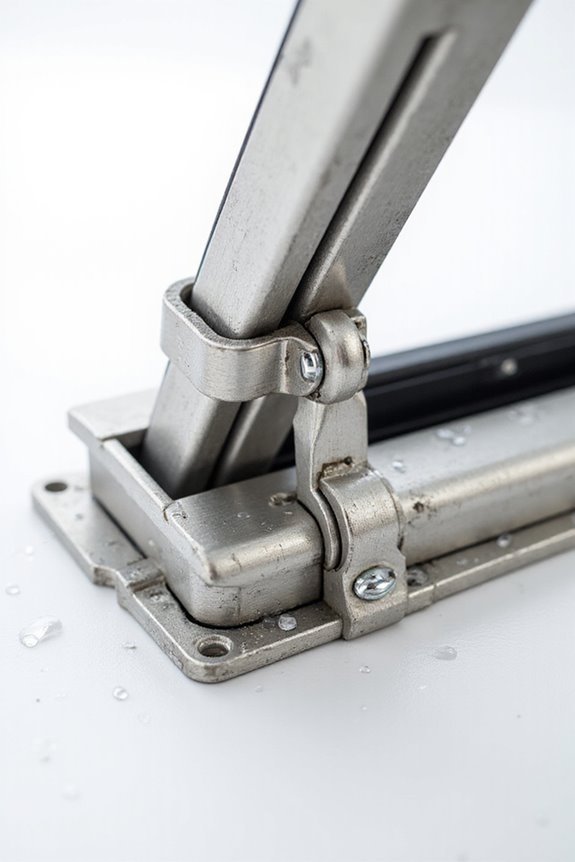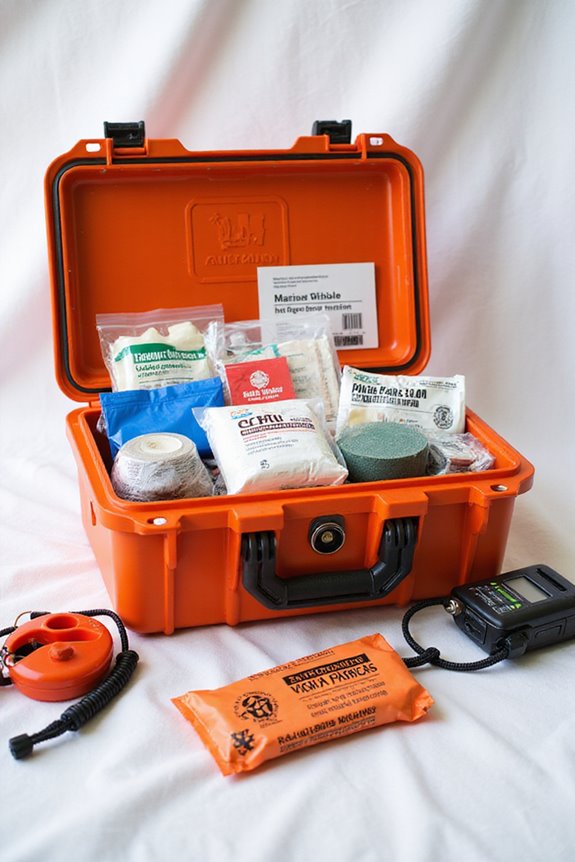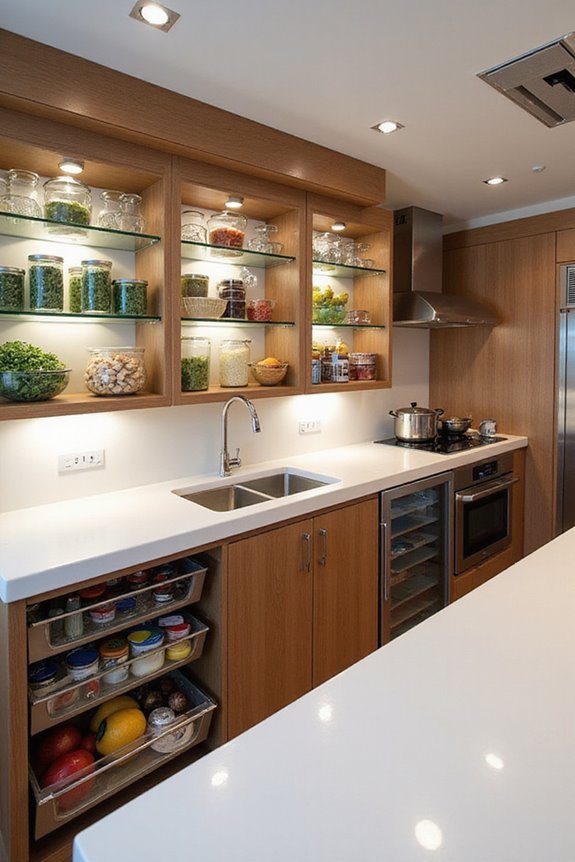Buying a yacht without a survey? That’s like sailing blindfolded. Yacht surveys—whether pre-purchase, condition, or insurance types—check everything from the hull’s integrity to engine health, safety gear, and systems. They uncover hidden faults before you spend big, help negotiate fair prices, and guarantee peace of mind on the water. Prepared with records and proper timing, you’re set to make a smart buy. Stick around, and we’ll unpack how surveys really protect your investment.
Key Takeaways
- Pre-purchase yacht surveys thoroughly assess hull, engines, and systems to identify hidden issues before buying.
- They provide buyer protection and peace of mind by highlighting potential costly repairs early.
- Survey reports offer detailed condition and value insights, aiding fair price negotiations or purchase decisions.
- Preparation involves gathering maintenance records and coordinating with the surveyor to ensure a smooth inspection.
- Key inspected areas include hull integrity, engine performance, safety gear, and watertight seals for seaworthiness.
Why Yacht Surveys Are Crucial Before Purchase
Buying a yacht isn’t exactly like picking out a new phone—you can’t just unwrap it and check if it turns on. That’s why the importance assessment through a pre-purchase yacht survey is our best friend when considering this big investment. It’s not just a quick look; it’s a thorough check of the hull, engines, systems, and safety gear. Think of it as buyer protection on steroids—it uncovers hidden issues before they become costly nightmares. And let’s be honest, nobody wants surprise repairs that drain our wallet or cause regret. A solid survey report gives us confidence and clarity, showing the yacht’s true condition and helping us negotiate fair price or walk away if needed. So, skipping this vital step? Probably not the smartest move if we want peace of mind on the water.
Different Types of Yacht Surveys Explained
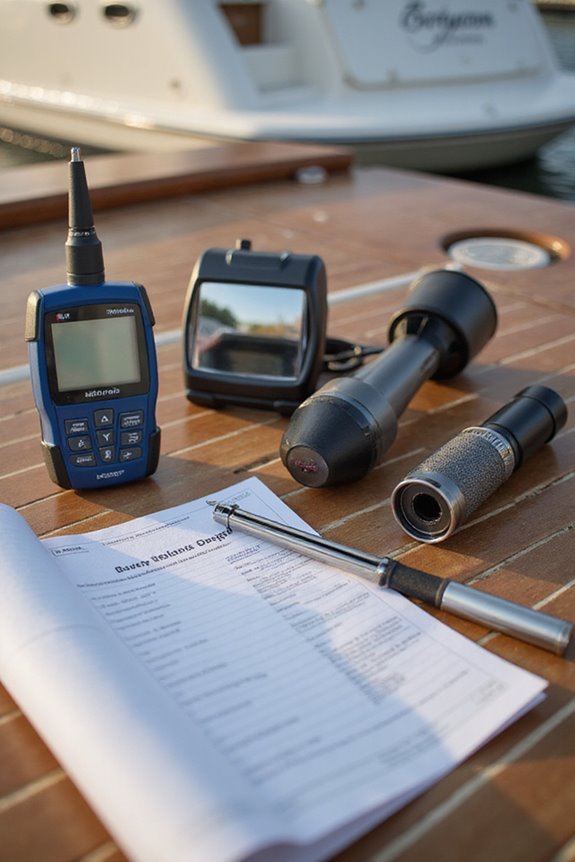
While yacht surveys might sound like a dry checklist, they’re actually our best friends when it comes to understanding what we’re really getting. There are several survey types to evaluate, each with unique inspection details tailored to our needs. Condition and Value (C&V) surveys give us a solid overview of the hull and machinery, often including a sea trial. Pre-purchase surveys dive deeper, covering everything from the deck to underwater areas, perfect before sealing the deal. Insurance surveys focus on meeting insurer standards, ensuring we’re protected. Then there are appraisal surveys that help us understand the yacht’s fair market value without the sea trials. And let’s not forget limited or damage surveys, which zoom in on specific problems or post-accident checks. Knowing these helps us choose the right survey—and skip surprises later!
Key Elements Inspected During a Yacht Survey
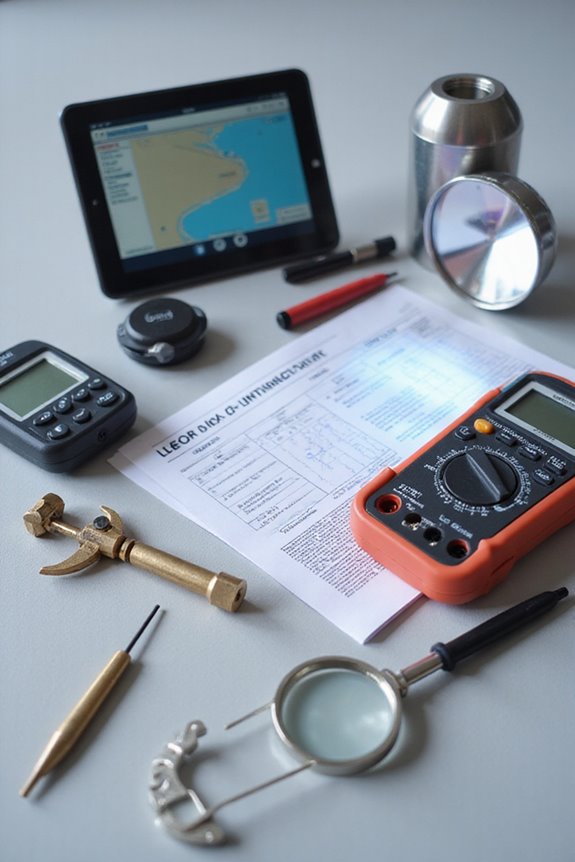
Even though yacht surveys might seem like a boring checklist at first glance, they’re actually our secret weapon for spotting potential issues before they become costly headaches. When we talk key elements, hull integrity tops the list—checking for cracks, blisters, or corrosion guarantees the yacht stays seaworthy and safe. We also dive deep into engine performance, running tests and inspections that reveal hidden wear or alignment issues that might trip us up later. But there’s more to the story: decks, electrical systems, plumbing, and safety gear all get a thorough look. Why? Because every part, from watertight seals to fire extinguishers, plays a role in our peace of mind once we own the yacht. After all, wouldn’t we rather discover problems now than mid-voyage?
How to Prepare as a Buyer Before the Survey
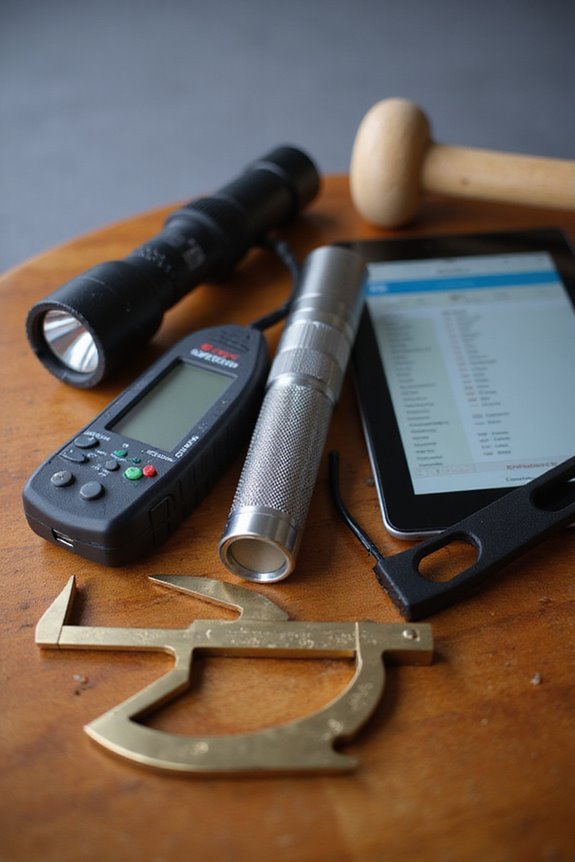
Before the surveyor even steps aboard, there’s a bit of groundwork we’ll want to cover to make sure everything goes smoothly. First, gathering all past surveys, maintenance records, and ownership documents helps set realistic buyer expectations and shows we’re serious. It’s like prepping for a big date—can’t just wing it! Next, a quick visual check of the yacht’s condition and ensuring it’s clean with fluids topped off makes the surveyor’s job easier. Coordinating with the surveyor about survey timelines is key, so inspections fit neatly into the buying schedule. We should also budget for costs and prepare questions for the seller, keeping things transparent. After all, a little prep goes a long way in avoiding surprises—and who wants those?
Essential Considerations When Conducting a Survey
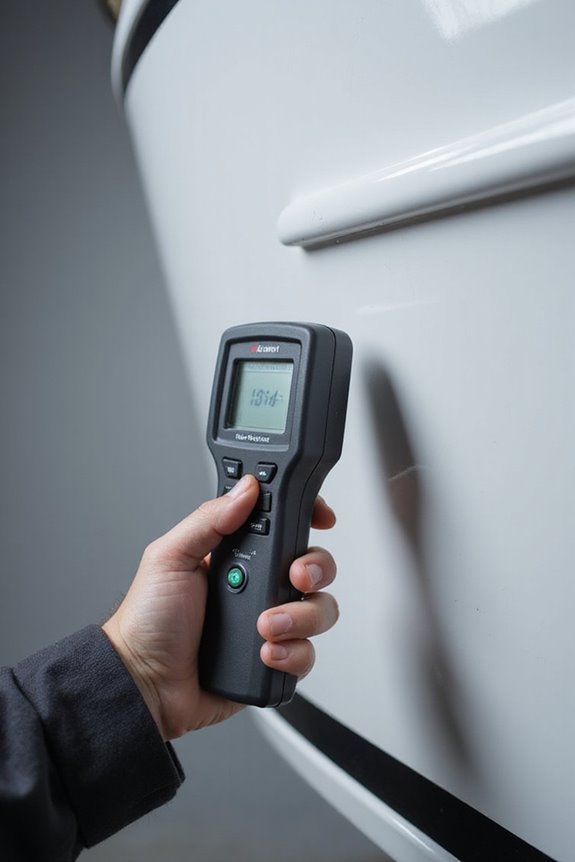
Though yacht surveys might sound like just a checklist exercise, there’s a lot more going on beneath the surface—and literally under it, too. When we talk about essential considerations, survey timing is key: rushing through or picking the wrong season can hide issues like moisture intrusion or engine quirks. And let’s be honest, who wants surprise leaks after the first storm? Next up is surveyor selection. Choosing a certified marine surveyor who knows your yacht’s make inside out guarantees no sneaky problems slip past. We also recommend inspections both in and out of water to cover hull integrity and operational performance. Remember, this isn’t just ticking boxes—it’s about making certain our dream vessel is seaworthy, safe, and ready for adventure.
Maximizing Value Through Survey Reports
Survey reports are like your yacht’s personal detective story, uncovering all the details that can boost—or sometimes chip away at—its value. When we get a thorough value assessment, we’re not just guessing what the yacht’s worth; we have facts, photos, and expert opinions that reveal real condition and market standing. This clarity gives us serious negotiation leverage, especially if the report flags repairs or safety issues. Why pay full price if unexpected work is needed? Plus, having a survey report handy helps us budget wisely for maintenance and assures lenders and insurers we’re dealing with a well-understood asset. So, embracing these unbiased insights isn’t just smart; it’s our secret weapon for confident buying and maximizing the true value of our next yacht adventure.
Advantages of Using a Structured Survey Checklist
While getting a yacht surveyed can feel like a lot of legwork, using a structured survey checklist makes the whole process way more manageable—and honestly, quite smart. By following a detailed list, covering everything from hull integrity to onboard systems, we gain buyer confidence because nothing slips through the cracks. Think of it as a navigational chart for repair budgeting—it helps anticipate future expenses instead of getting blindsided later. Plus, having this checklist gives us a solid foundation for negotiating price and planning long-term maintenance. Isn’t it reassuring to know we’re making a well-informed decision, rather than guessing? And hey, sellers benefit too; showing off a thorough checklist can boost marketability and smooth out the sale. So, why wouldn’t we want a clear, structured approach guiding this important purchase?
Frequently Asked Questions
How Long Does a Typical Yacht Survey Take to Complete?
Imagine charting a voyage—our survey duration varies like sea conditions. Typically, inspections take 8–12 hours, influenced by factors like vessel size, age, and accessibility. Together, we navigate these inspection factors for a thorough yacht assessment.
Can I Request Specific Areas to Be Inspected More Thoroughly?
Yes, we can request specific inspections to focus on areas important to us. It’s key we communicate clearly with the surveyor, considering their recommendations, so our concerns are included and fully documented in the report.
Are Yacht Surveyors Licensed or Certified Professionals?
Think of choosing a yacht surveyor like picking a trusted guide—we want surveyors who meet certification requirements and have strong qualifications. They may not be licensed by the government, but certification shows their expertise and trustworthiness.
How Soon After the Survey Will I Receive the Report?
We usually aim for report delivery within 2-5 business days, depending on the survey timeline. Larger or complex vessels might take longer, but we keep you updated to guarantee you feel confident and involved throughout the process.
Can Survey Findings Affect the Seller’S Insurance Premiums?
We understand it might feel intimidating, but these insurance implications are vital. The survey impact can raise a seller’s premiums if defects linger, yet addressing issues brings us all security and better costs. We’re in this together.

